A federal bankruptcy court judge has announced his intention to approve a revised settlement deal between Purdue Pharma, the manufacturer of the opioid painkiller OxyContin, and the Sackler family, who own the company. The agreement, overseen by U.S. Bankruptcy Judge Sean Lane, would require members of the Sackler family to contribute up to $7 billion over 15 years to settle thousands of lawsuits related to the opioid epidemic.
According to court documents, the new agreement replaces a previous deal that was rejected by the U.S. Supreme Court last year due to concerns that it would have improperly protected members of the Sackler family against future lawsuits. The revised deal would provide some financial compensation to thousands of victims of the opioid epidemic, although the exact amount and distribution of funds have not been disclosed.
In a statement, Judge Lane explained that he would provide further details about his decision in a hearing scheduled for Tuesday. The judge's approval of the settlement deal is seen as a significant development in the ongoing efforts to address the opioid crisis, which has claimed hundreds of thousands of lives in the United States.
The opioid epidemic has had a devastating impact on communities across the country, with many families and individuals struggling to cope with the loss of loved ones and the long-term effects of addiction. The Sackler family, who have been accused of aggressively marketing OxyContin and downplaying its risks, have faced intense scrutiny and criticism for their role in the crisis.
Purdue Pharma has faced numerous lawsuits and investigations related to its marketing and sales practices, including allegations that the company misled doctors and patients about the risks of OxyContin. The company has also faced criticism for its role in creating a culture of addiction and dependence among users of its products.
The revised settlement deal is seen as a significant step forward in the efforts to address the opioid crisis, although some critics have expressed concerns that the agreement does not go far enough in holding the Sackler family accountable for their actions. The deal is also seen as a model for future settlements and negotiations between pharmaceutical companies and governments.
In a statement, Jen Trejo, a mother who lost her son to an opioid overdose, expressed her disappointment with the revised settlement deal. "While I appreciate the efforts of Judge Lane and the parties involved, I believe that the Sackler family should be held accountable for their actions," she said. "The opioid epidemic has destroyed countless lives, and we need to do more to prevent it from happening again."
The revised settlement deal is expected to be finalized in the coming weeks, pending the approval of the U.S. Bankruptcy Court and other relevant authorities. The deal will provide some financial compensation to victims of the opioid epidemic, although the exact amount and distribution of funds have not been disclosed.





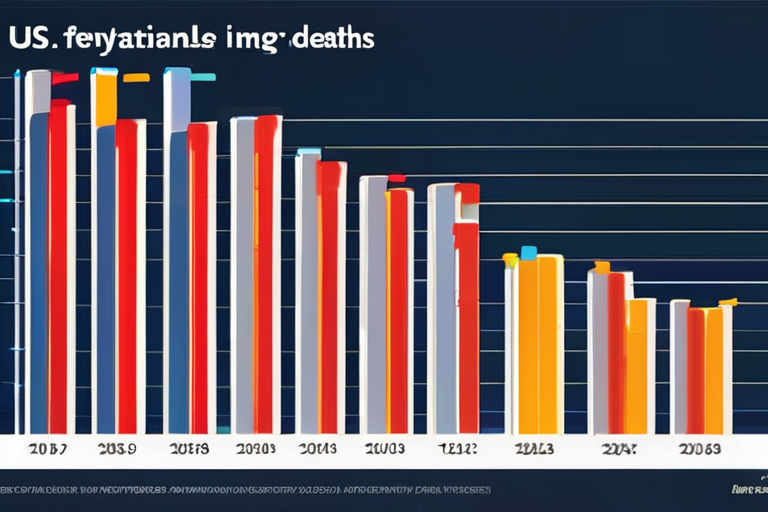

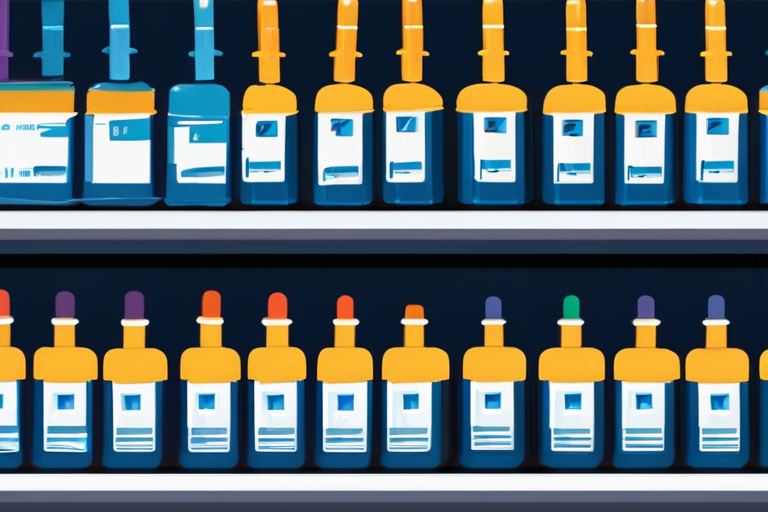










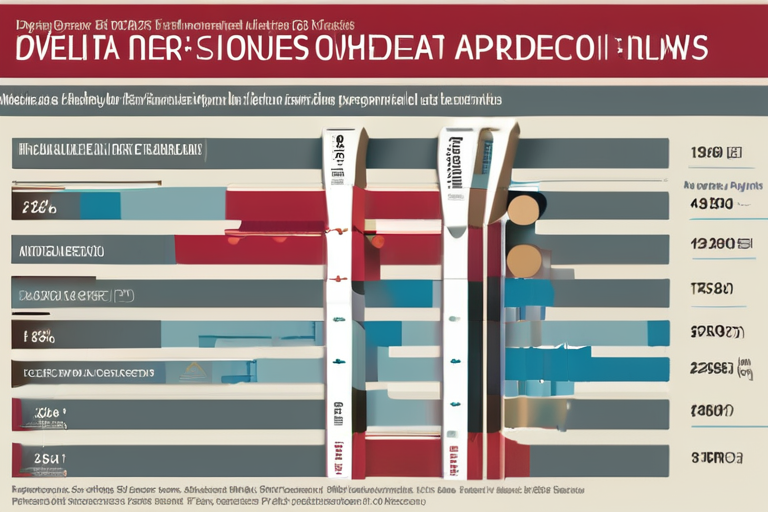

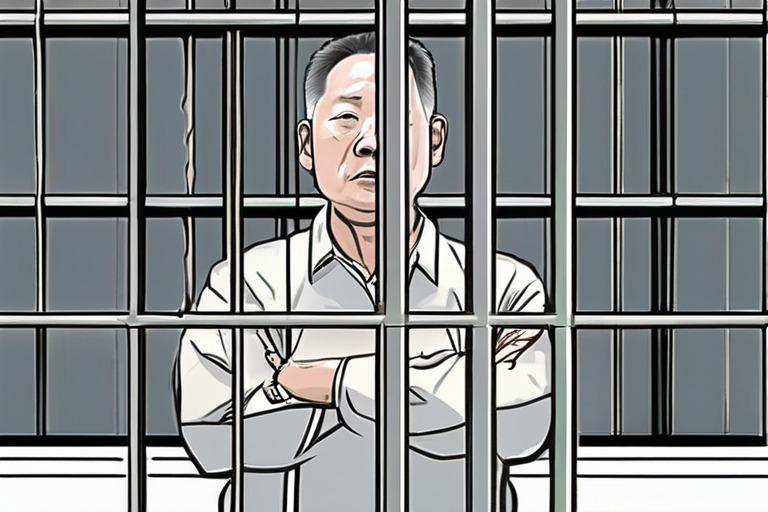

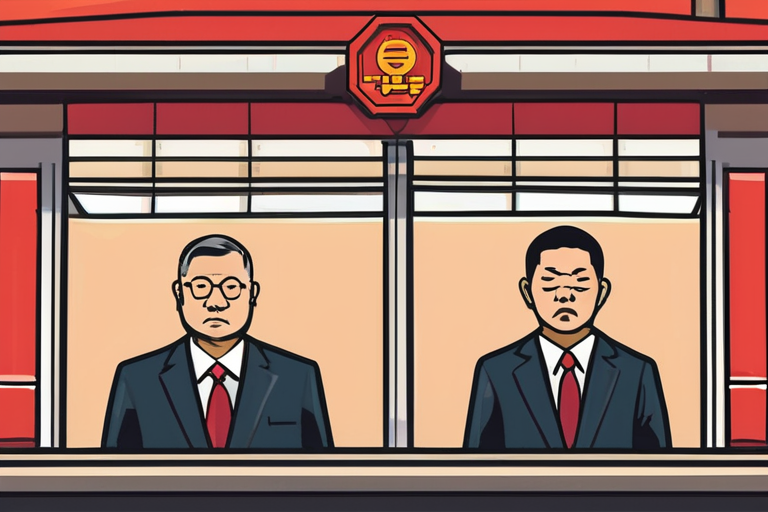




Share & Engage Share
Share this article